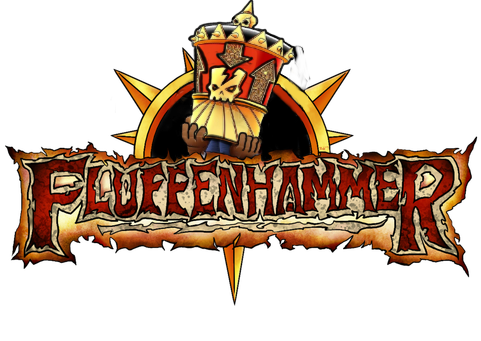Bloody Books - THE NAME OF THE WIND by Patrick Rothfuss
The Name of the Wind is a bildungsroman—which is a fancy way of saying “coming-of-age story,” though that undersells the catastrophe quite a bit. This isn’t about personal growth; it’s about watching a man cartwheel through his own mythos while setting fire to every good thing he touches. Kvothe, our hero, our narrator, our utterly exasperating prodigy, gets within reach of happiness at several points. And every time, like clockwork, he finds a way to turn the entire moment into a flaming, magic-soaked trainwreck that makes you long for the quiet dignity of goat herding.
The structure is a story-within-a-story. Kvothe, now a haunted, hermit-like innkeeper, recounts his early life with the kind of poetic misery usually reserved for opera singers or guilty ghosts. He’s not just telling his tale—he’s performing it, layering failure with just enough flair to make you wonder if he’s proud of the mess he’s made. Every choice feels like it could have gone well, and nearly always doesn’t. And the culprit? Nine times out of ten: Kvothe. Ten out of ten if you include the lute.
Magic in Rothfuss’s world is a miracle and a migraine—a system of rules and principles that reads more like speculative physics than wand-waving. Sympathy, naming, sygaldry—it’s less “I cast fireball” and more “try solving quantum equations while sleep-deprived and hunted.” Kvothe, of course, is brilliant at all of it. But brilliance doesn’t stop him from face-planting repeatedly because—and this is crucial—he’s a self-inflated balloon of arrogance wrapped in a tragic backstory.
Watching Kvothe wield magic is like watching someone juggle knives on a tightrope, on fire, while insisting he’s got it under control. You want to believe him. But the blood on the floor says otherwise.
The real impact of the novel isn’t just Kvothe’s escalating genius-failures—it’s the way his actions fracture everyone around him. His mentors, friends, lovers, enemies—they orbit him, and every one of them walks away scorched. In a lesser writer’s hands, Kvothe would be The Chosen One and the world would bend to accommodate his shining path. Rothfuss doesn’t play that game. He lets the world punch back.
Kvothe is dazzling. But he is also exhausting. A walking Wikipedia of obscure knowledge, an unmatched lute player, a magical wunderkind—and somehow also the most emotionally stunted boy to ever monologue through heartbreak. For every moment of triumph, he leaves behind splinters of broken trust, soured love, and people who simply couldn’t keep up with his hurricane of grief and ego.
Let’s get this out of the way: if you think The Name of the Wind is a love story, it’s not. Denna is not a love interest. She’s a weather pattern. She floats in and out of Kvothe’s life like fog over a battlefield—mysterious, lovely, and never where he wants her to be. She represents not just unattainable love, but the exact kind of woman Kvothe can never, ever understand, no matter how many songs he writes about her.
She’s a mirror, a reminder that Kvothe isn’t half as clever as he thinks. And yes, she deserves better. But so does everyone.
Rothfuss’s world-building is where The Name of the Wind becomes something else entirely. Cities feel lived in. The University practically breathes. The streets of Tarbean taste like ash and cold steel. This is a world indifferent to your genius or your suffering. This is a world that eats.
And what it eats, more often than not, is Kvothe.
There’s no final boss. No great war to win. Just a boy trying to survive long enough to figure out what kind of man he wants to be, and failing in spectacular fashion. Victory, when it arrives, is small and temporary—while defeat is patient, methodical, and often of Kvothe’s own making.
The Name of the Wind isn’t a power fantasy. It’s a tragedy told beautifully. A slow descent into a kind of mythic hopelessness, narrated by a man who remembers everything and understands nothing. Kvothe is no hero. He’s not even an anti-hero. He’s just... there. Doing his best. Failing constantly. Surviving anyway.
If you come into this looking for redemption, you’ll be left out in the cold with a half-finished ballad and no lute string to your name.
This is a magnificent book. A carefully orchestrated disaster. An elegy for all the things talent alone can’t save.
And yes—highly recommended.

